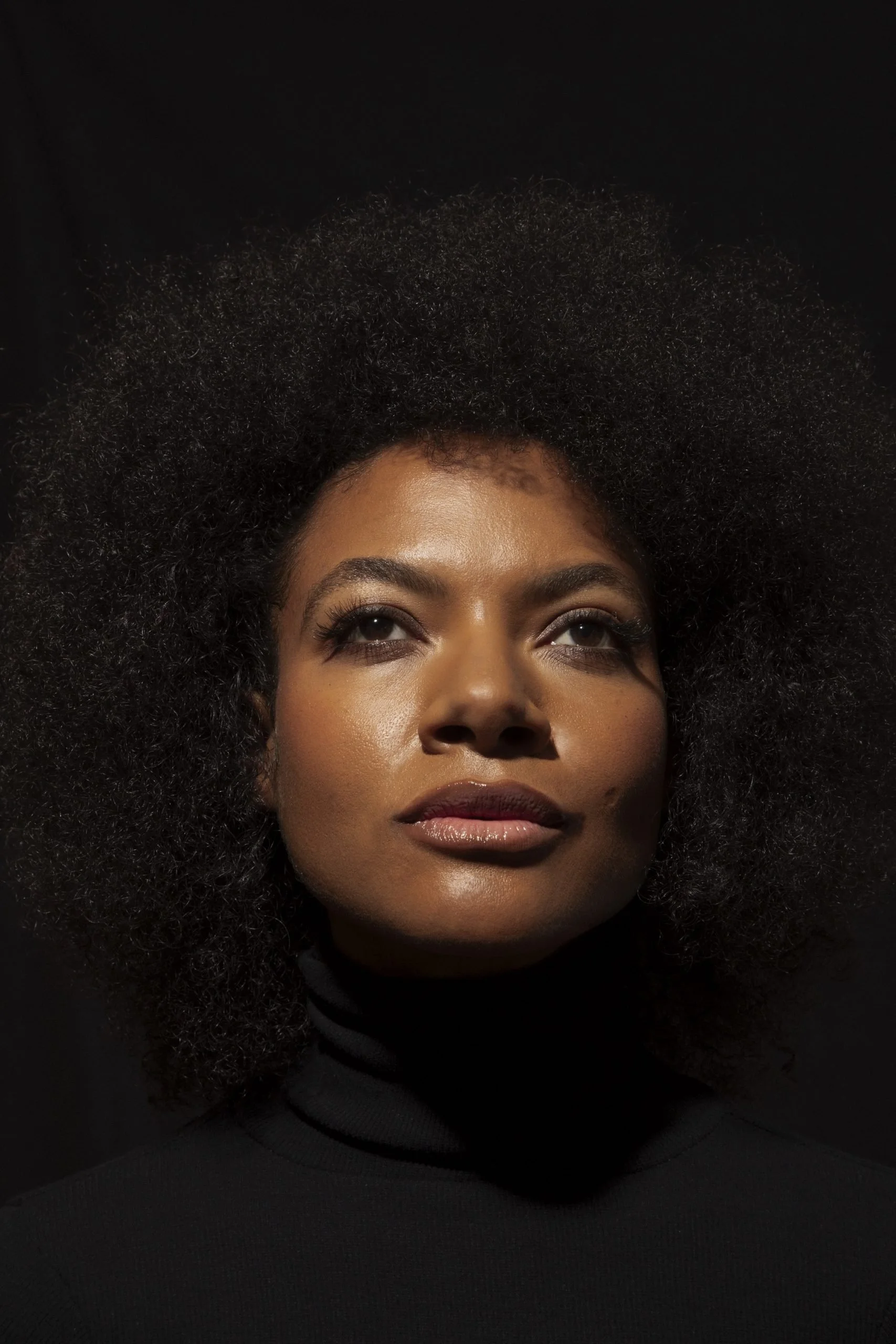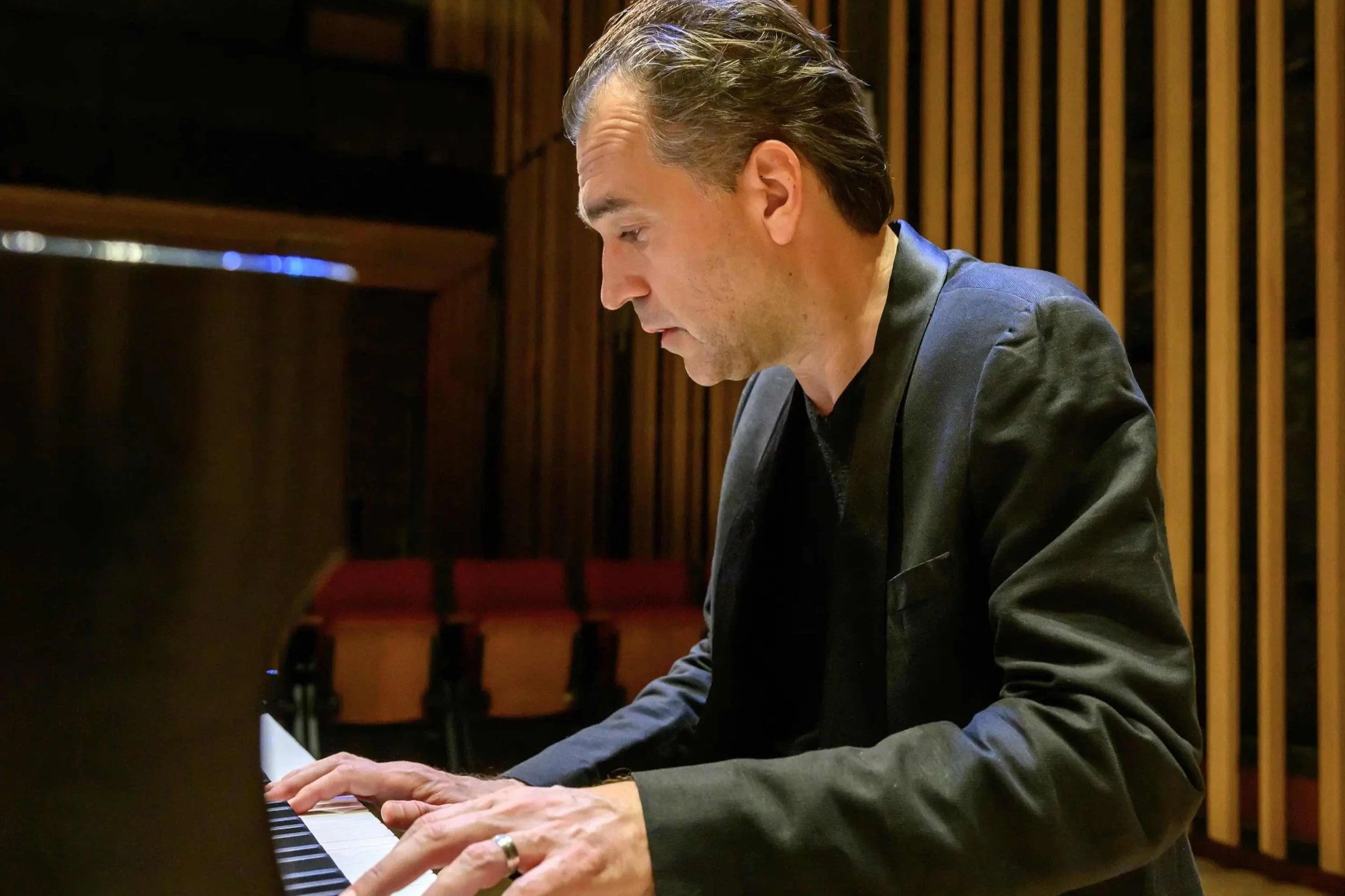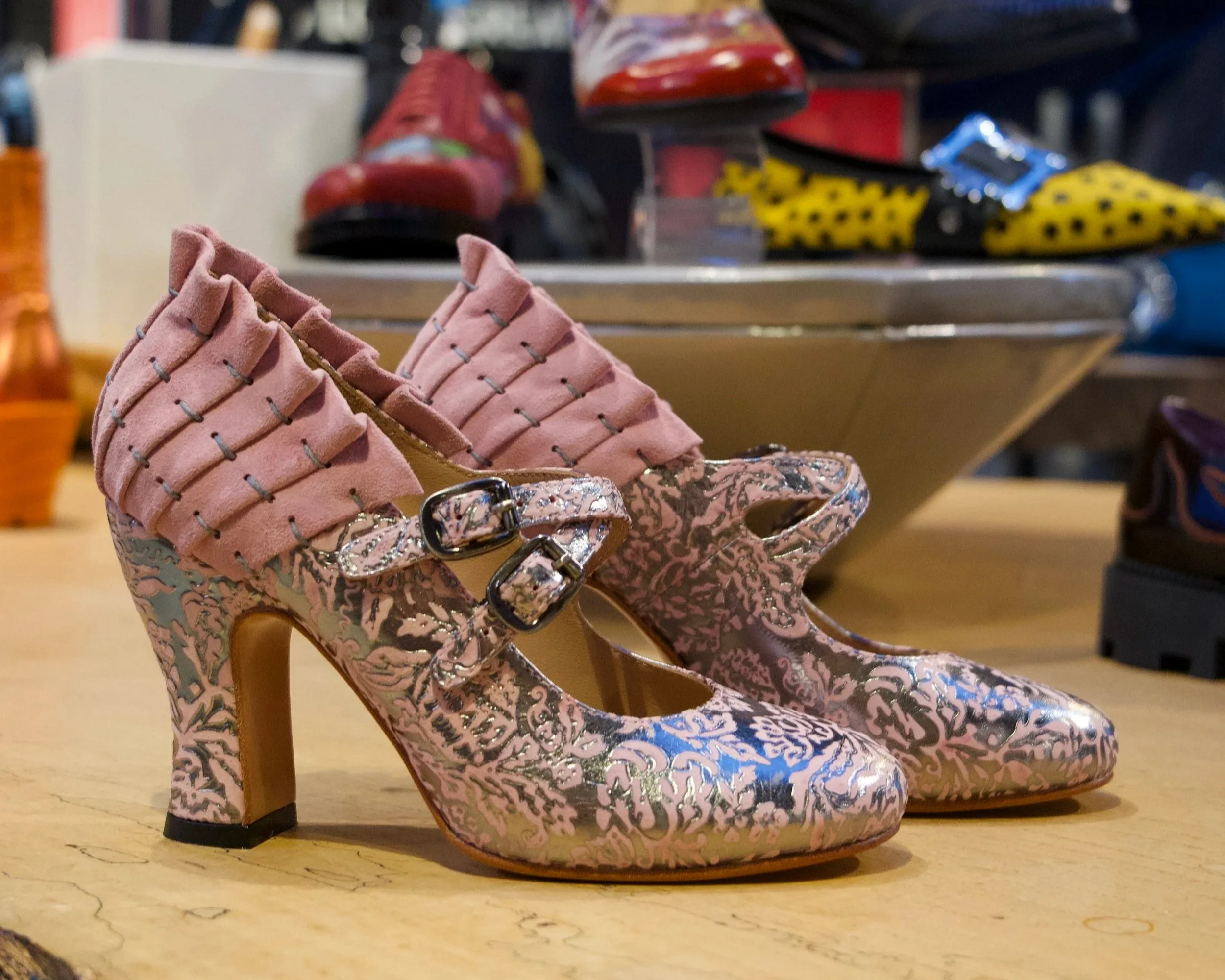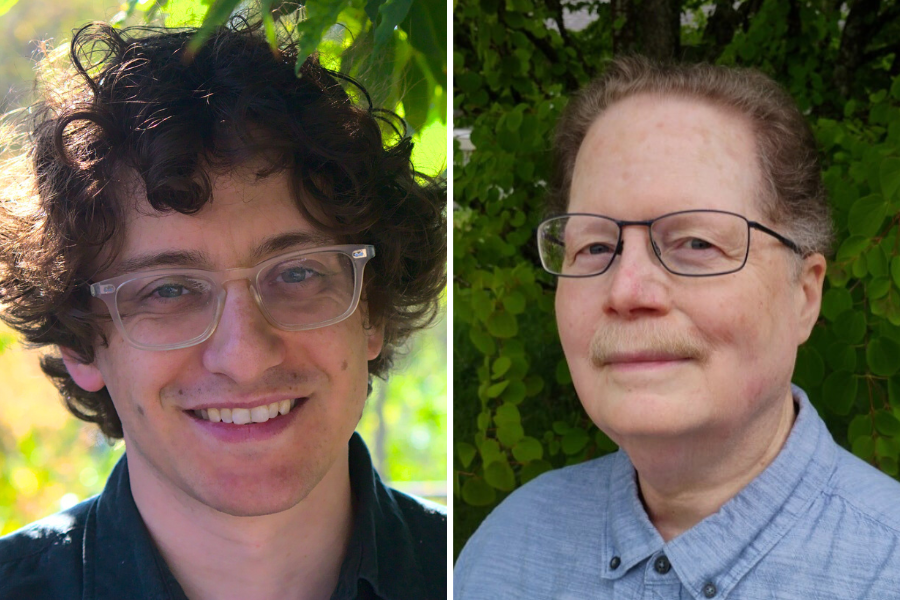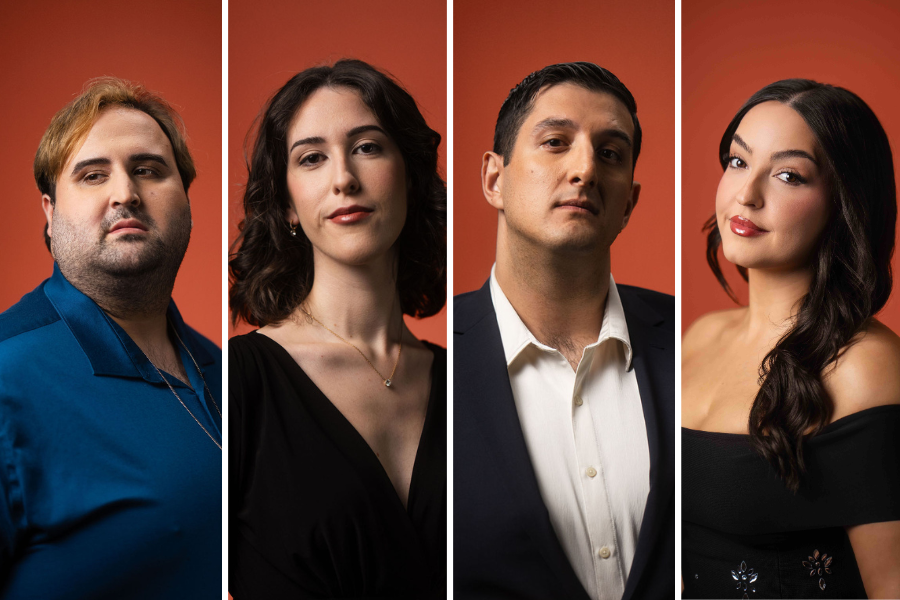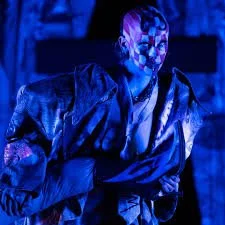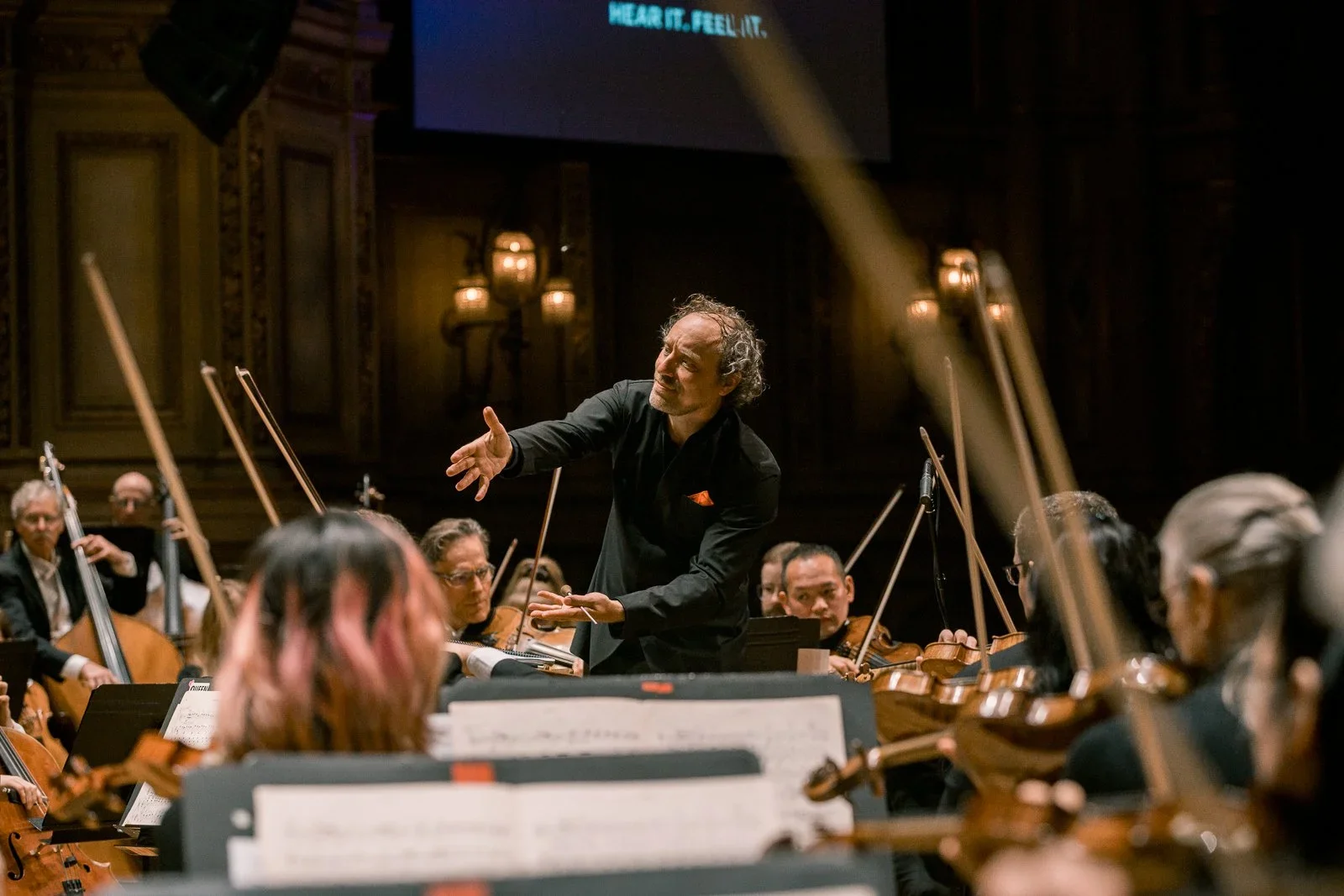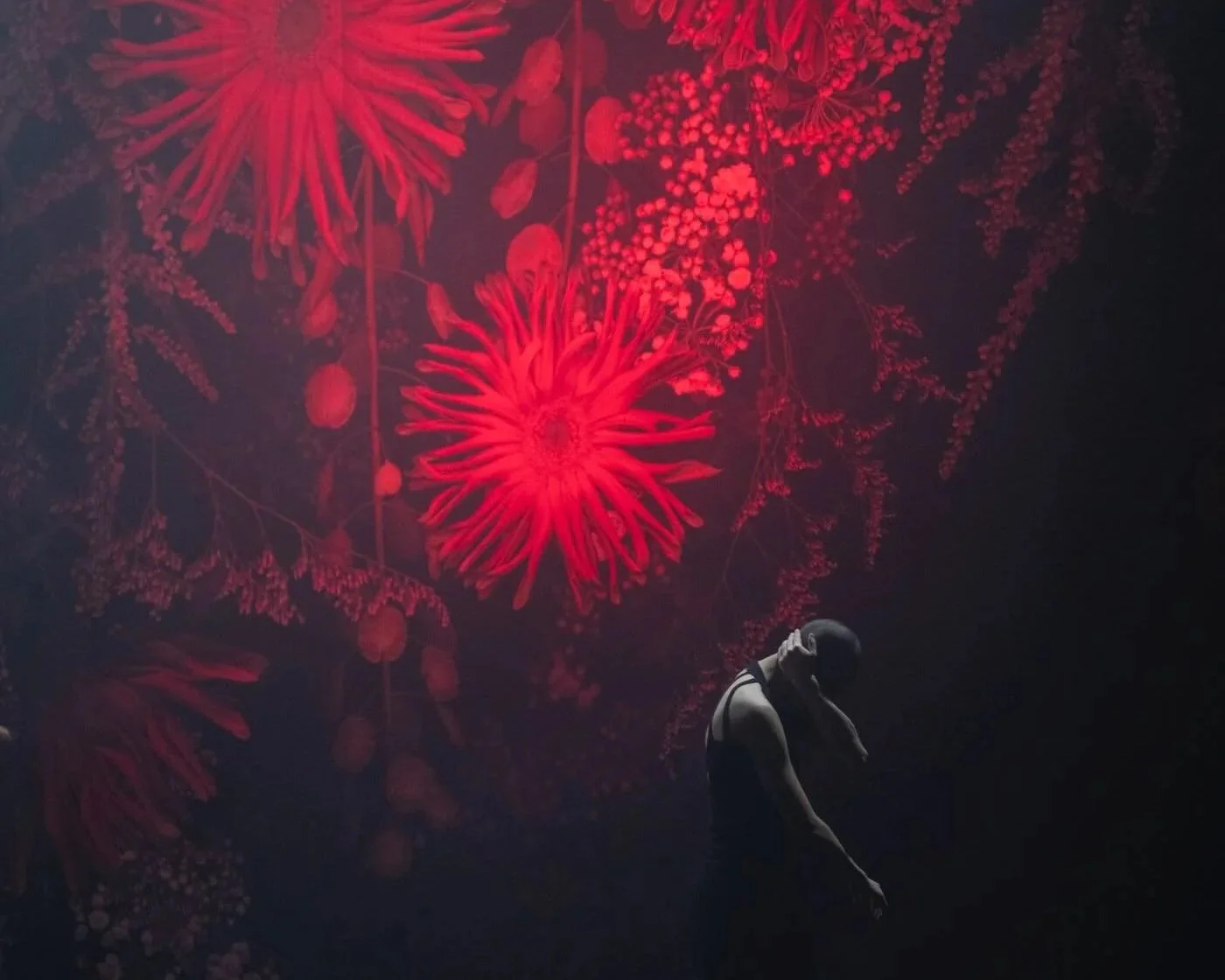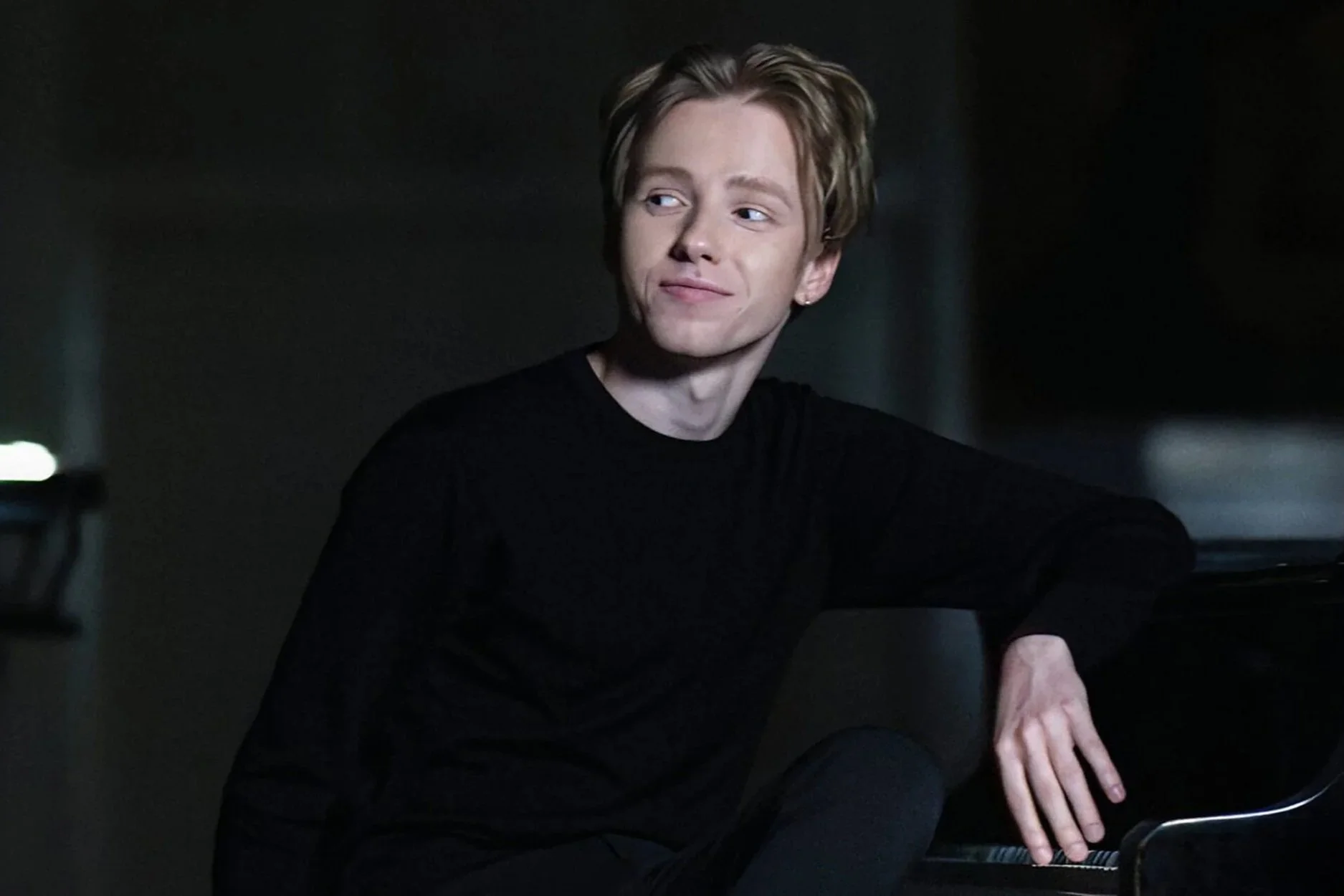Singer-songwriter Allison Russell brings a survivor's joy to Vancouver Folk Music Festival
The artist’s solo debut album, Outside Child, earned three Grammy nominations and a Juno win for Contemporary Roots Album of the Year
Allison Russell. Photo by Marc Baptiste
Vancouver Folk Music Festival (July 15 to 17) presents Allison Russell on July 16 at 8:40 pm and July 17 at 12 pm at Jericho Beach Park
On Allison Russell’s debut solo release, Outside Child, the Montreal-born, Nashville-based singer-songwriter walks a tightrope: in laying bare the devastating sexual abuse she endured by her white-supremacist stepfather and how she eventually got away, she sings with cool clarity in English and French in a stunning range of styles, from Memphis rhythm and power-packed soul to Scottish-style ballad and folk-pop, creating a thing of astonishing beauty out of so much emotional wreckage. For an idea of the frankness that spills forth on the concept album, consider the lyrics on “4th Day Prayer”, the first song she wrote for it: “Father used me like a wife/Mother turned the blindest eye/Stole my body, spirit, pride/He did, he did each night.”
Yet Outside Child is not an album about trauma.
“It’s about a survivor’s joy,” Russell says in a phone interview with Stir. “It’s about transcending trauma through art, through music, through chosen family, through community. It’s a very important celebration of survival and a testament to the superpower of love and empathy.”
Russell will bring that survivor’s joy to this year’s Vancouver Folk Music Festival as part of a tour that also has stops at Willie Nelson’s Picnic in Austin, Texas, and New York City’s Radio City Music Hall. She’ll share music off of Outside Child, which earned three 2022 Grammy nominations (Best American Roots Performance; Best American Roots Song; Best Americana Album), a Juno Award for Contemporary Roots Album of the Year (Russell being the first Black artist to win the category in Juno history), four Canadian Folk Music Award nominations—along with many other honours—and inclusion on several Best Of playlists, including that of President Barack Obama. She has performed on Jimmy Kimmel Live, at the Grand Ole Opry, with the Black Opry, and on Austin City Limits.
She has also landed a book deal with Flatiron/MacMillian for a memoir that will expand on the material of Outside Child. Russell’s biological father was a student visiting Montreal from Grenada who had already returned home by the time her Scottish-Canadian teen mom, who suffered from undiagnosed schizophrenia, gave birth. Russell says she feels compelled to speak openly about her experiences to raise awareness of sexual abuse and help others going through similar horrors.
“My work as a singer is to use words and melodies,” she says. “That’s all I have to reduce harm in the world.”
As part of reckoning with her past, Russell has come to see her childhood abuse as a thread in historic and ongoing bigotry and colonization. “From the coast of Africa/To the hills of Grenada/To the cold of Montreal/That whip, that whip still falls,” she sings in “4th Day Prayer”, which she wrote while on tour with Our Native Daughters, a supergroup of banjo-playing Black women founded by Rhiannon Giddens that also includes Amythyst Kiah and Leyla McCalla. The four women drew from by 17th-, 18th-, and 19th-century slave narratives to create new works for their album Songs of Our Native Daughters, on which they “confront sanitized views about America’s history of slavery, racism, and misogyny from a powerful, black female perspective”. The release offered an illustration of the whitewashing of music, Russell says, recalling one atrocious comment from someone accusing the musicians of cultural appropriation, oblivious to the fact that the banjo was created by enslaved Africans in the Caribbean and colonial North America.
Prior to going solo, Russell formed the band Po’ Girl with Trish Klein, a member of the Be Good Tanyas; and launched Birds of Chicago with her singer-songwriter husband, J.T. Nero. Writing “4th Day Prayer” was the impetus she needed to do an album under her own name.
“That song opened the floodgates,” Russell shares. “I was connecting my own history of abuse and violence with the larger Black diaspora and intergenerational trauma, violence, and survival. I interviewed and interconnected with my Black family and began learning about my ancestors. That set me on a path, and the songs just kept pouring out.”
One of the standouts on the album is “Persephone”, a twangy, uptempo tribute to the young woman she turned to during her abuse and who taught her about the healing, transformational effects of love and kindness: “Tap, tap, tappin' on your window screen/Gotta let me in Persephone/Got nowhere to go, but I had to get away from him/My petals are bruised, but I'm still a flower/Come runnin' to you in the violet hour/Put your skinny arms around me, let me taste your skin/Mouth to mouth, mouth to flower/Salty sweet you give me power.”
Russell was surrounded by creative and caring individuals while making the album during the pandemic, including her husband (and their daughter, Ida, now eight); producer Dan Knobler; British singer Yola (who’s featured on “The Runner” and whom Russell calls her “chosen sister”); and the McCrary sisters, to name a few.
Allison Russell. Photo by Francesca Cepero
Having run away from Montreal at age 17 to Vancouver, where she has several relatives (including Janet Lillian Russell, contemporary folk/blues singer and songwriter formerly of Vancouver's Lingo Sisters, and author-actor David Russell), Russell is firmly planting roots in Nashville, where she and Nero recently bought their first home. Despite the ugly state of affairs in the U.S. with the recent overturning of Roe v. Wade, ongoing gun violence, and systemic racism, Russell says Nashville’s music scene is a close-knit source of kinship, and not just creatively. And she points out that Canada is no better than our neighbours to the south in many ways; it’s the only place where she has been assaulted by a police officer.
“I do feel we’re close to a tipping point in Nashville; there’s a real resistance and revolution going on in Nashville in the music community that’s galvanizing me,” Russell says. “I’m around people who are willing to metaphorically fight, who are building empathy through art and forming community and coalition.
“Never underestimate the power of story and song,” she says. “The call to deepen our humanity through the arts has been happening for a long time now.”
Performing at the Vancouver Folk Music Festival is a homecoming for Russell, who hasn’t been back since before the pandemic. The tour stop is an extra-special one for her.
“I came of age in Vancouver,” Russell says. “For me, Vancouver Folk Fest was where I knew I was a lifer as an artist. It’s very close to my heart. It gave me a lot of opportunities; I have wonderful memories of Ani DiFranco and Martin Joseph; I had an apprenticeship at that festival. And it’s such a special setting at Jericho. It’s a soulful place.
“I have a very joyful circle of goddesses joining me everywhere on the road,” she adds. “I’m excited to commune with other artists and to gather again in joyful assembly.”


